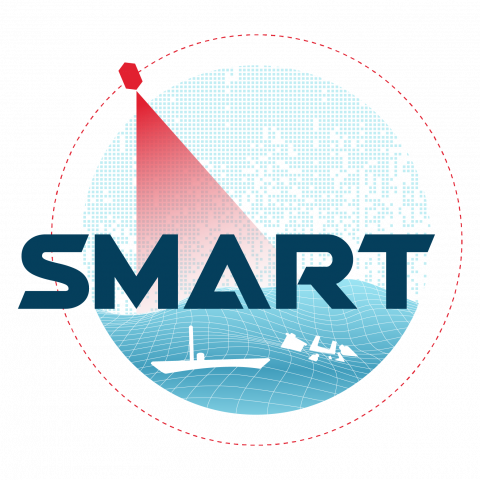diStributed AI systeM for mArine plastic debRis moniToring
Marine plastic pollution, responsible for approximately 80% of all floating debris, poses a severe threat to marine life, ecosystems, and human health. Detecting floating plastic debris shortly after it enters the ocean is crucial to prevent its breakdown into microplastics, which have far-reaching ecological and food chain implications.
The SMART project, the winner of the first edition of the AI Moonshot Challenge funded by Portuguese Spatial Agency, aims to develop an intelligent system for identifying, classifying, and predicting the accumulation of floating plastic debris. Leveraging the consortium’s expertise in deep learning and ocean modeling, the project will combine automated identification of floating plastics from satellite imagery, physics-informed machine learning, and spatiotemporal modeling. This innovative approach bypasses the computational challenges of small-scale numerical ocean models while reducing uncertainties in predictions.
SMART will deliver high-resolution probability maps of plastic occurrence, enabling authorities to design effective ocean clean-up strategies and make informed decisions under uncertainty. The project will also integrate a network of low-cost marine autonomous vehicles equipped with sensors to collect in situ data, validate model predictions, and monitor sensitive regions identified by the system.
The framework will be piloted in two key North Atlantic sites, with validation through autonomous vehicle deployments. By combining cutting-edge machine learning, ocean modeling, and sensor technology, SMART offers a scalable, actionable solution to mitigate the growing problem of marine plastic pollution and its impacts on ecosystems and human health.
Project SMART - diStributed AI systeM for mArine plastic debRis moniToring is funded by the Portuguese Space Agency in the framework program for research and innovation


